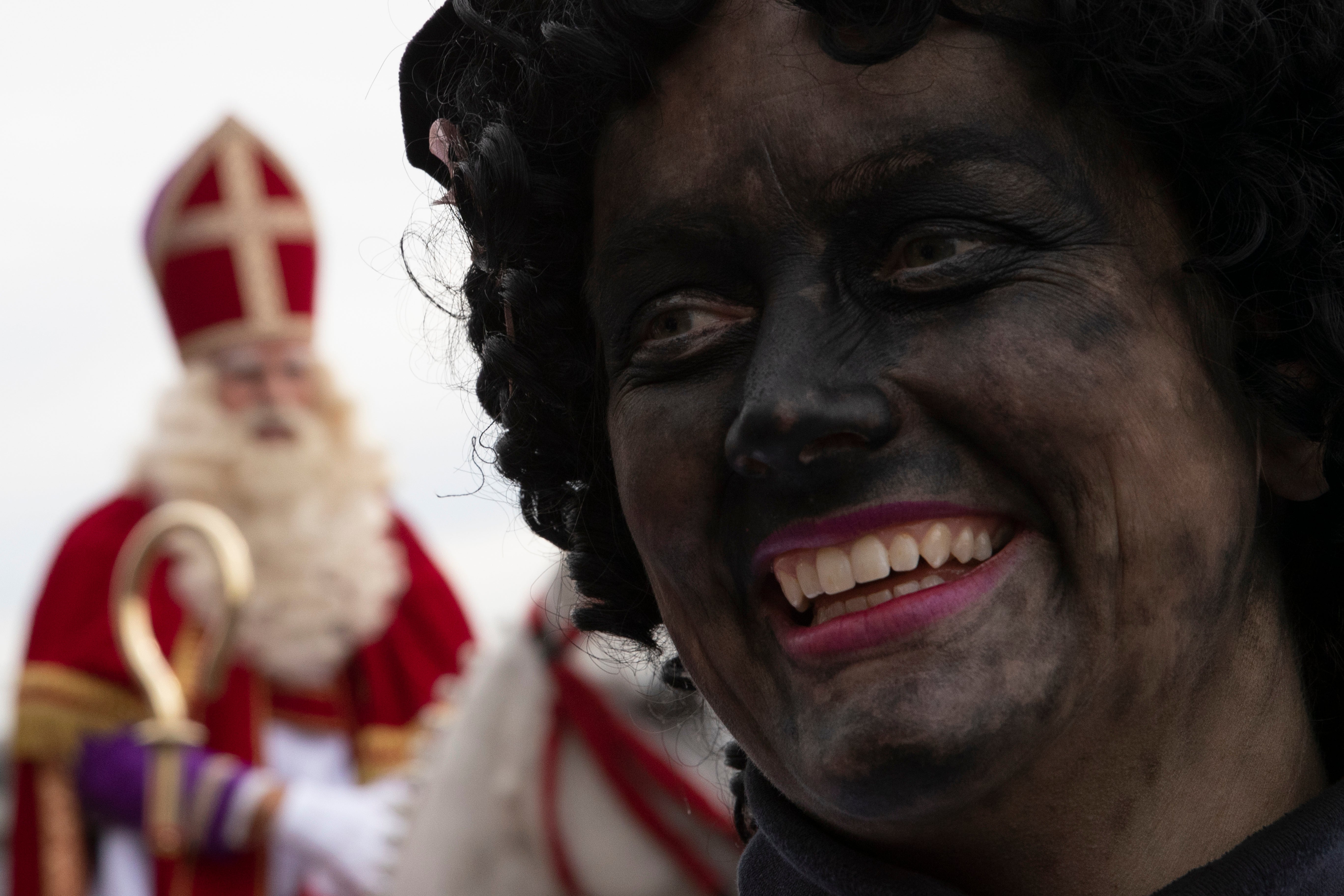Low-key arrival for St. Nicholas amid Dutch restrictions
Saint Nicholas, the gift-bearing patron saint of children, has arrived in the Netherlands amid a partial coronavirus lockdown that forced the cancellation of celebrations in towns and cities across the country

Your support helps us to tell the story
From reproductive rights to climate change to Big Tech, The Independent is on the ground when the story is developing. Whether it's investigating the financials of Elon Musk's pro-Trump PAC or producing our latest documentary, 'The A Word', which shines a light on the American women fighting for reproductive rights, we know how important it is to parse out the facts from the messaging.
At such a critical moment in US history, we need reporters on the ground. Your donation allows us to keep sending journalists to speak to both sides of the story.
The Independent is trusted by Americans across the entire political spectrum. And unlike many other quality news outlets, we choose not to lock Americans out of our reporting and analysis with paywalls. We believe quality journalism should be available to everyone, paid for by those who can afford it.
Your support makes all the difference.Saint Nicholas, the gift-bearing patron saint of children, arrived in the Netherlands on Saturday amid a partial coronavirus lockdown that forced the cancellation of celebrations in many towns and cities.
The Dutch celebrate what they call Sinterklaas on Dec. 5 by giving gifts to children, but the saint arrives — legend has it — in the country weeks earlier in what is usually a nationwide party.
The celebrations have in recent years seen protests by activists against Sinterklaas' helper, Black Pete, who is often portrayed by white people in blackface makeup. Opponents call the character a racist caricature, while supporters argue he is a harmless children's figure and part of Dutch tradition.
A nationally televised arrival celebration went ahead Saturday without the usual crowds of thousands of children and their parents amid a partial lockdown in the Netherlands aimed at reining in coronavirus infections.
Other towns and cities were holding online events and at least one town organized a drive-through celebration where children could see Sinterklaas from the socially distanced safety of cars.
In neighboring Belgium, the saint's official welcome in the port city of Antwerp was also banned, though the government said in a tongue-in-cheek letter that he wouldn't have to quarantine after arriving in Belgium from Spain, where he lives, and would be able to walk rooftops to drop gifts into chimneys even during curfew hours.
Belgian government ministers, however, cautioned St. Nicholas to “always respect distancing, wash hands regularly and wear a face mask,” despite his long white beard.
Anti-Black Pete activists in the Netherlands were planning a demonstration in Breda, one of several Dutch cities that have replaced Black Pete with a Gray Pete. Breda was not holding an official arrival ceremony for the saint.
For members of the “Kick Out Black Pete” group, the change doesn't go far enough.
“Gray Pete is just blackface-light,” one of the activists, Elvin Rigters, said in a telephone interview.
The Petes accompanying St. Nicholas at the televised arrival had their faces daubed with “soot” as a result of clambering down chimneys to deliver gifts to children but not full blackface makeup, golden earrings or red lipstick, the NTR broadcaster said in a statement earlier this year.
The broadcaster said it makes its Sinterklaas-themed shows “for all children in the Netherlands. We do that with respect for tradition and with an eye on developments in society.”
Dutch Prime Minister Mark Rutte has repeatedly said he does not believe Black Pete is racist, but he said in June that his views on the character have changed.
“When I meet people — small children — with dark skin who say, ‘I feel unbelievably discriminated against because Pete is black,’ that’s the last thing you want,” Rutte said in a debate in Parliament.
“I expect that in the coming years almost no Petes will be black,” the prime minister added. “It’s a popular culture that changes over time and under pressure from debate in society.”